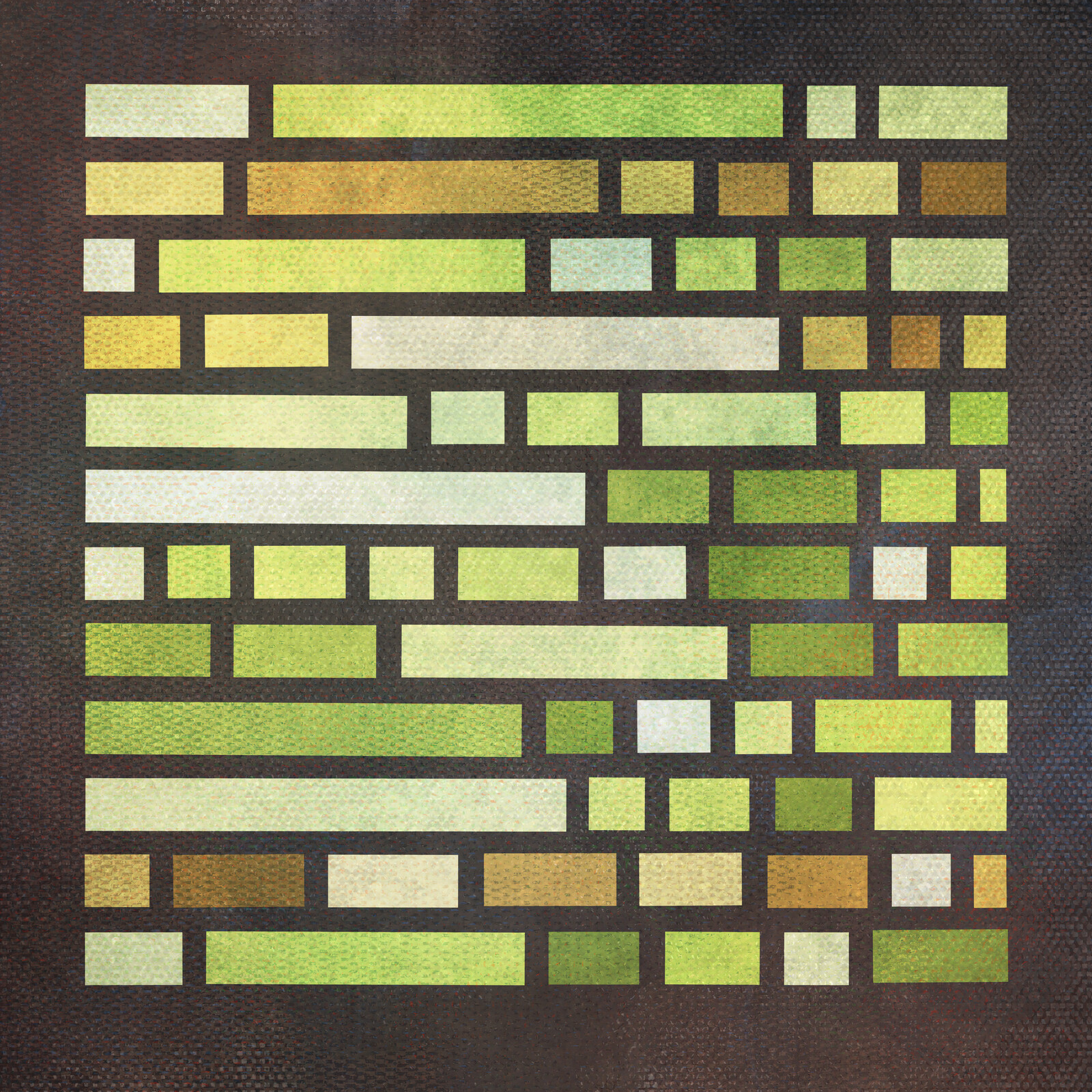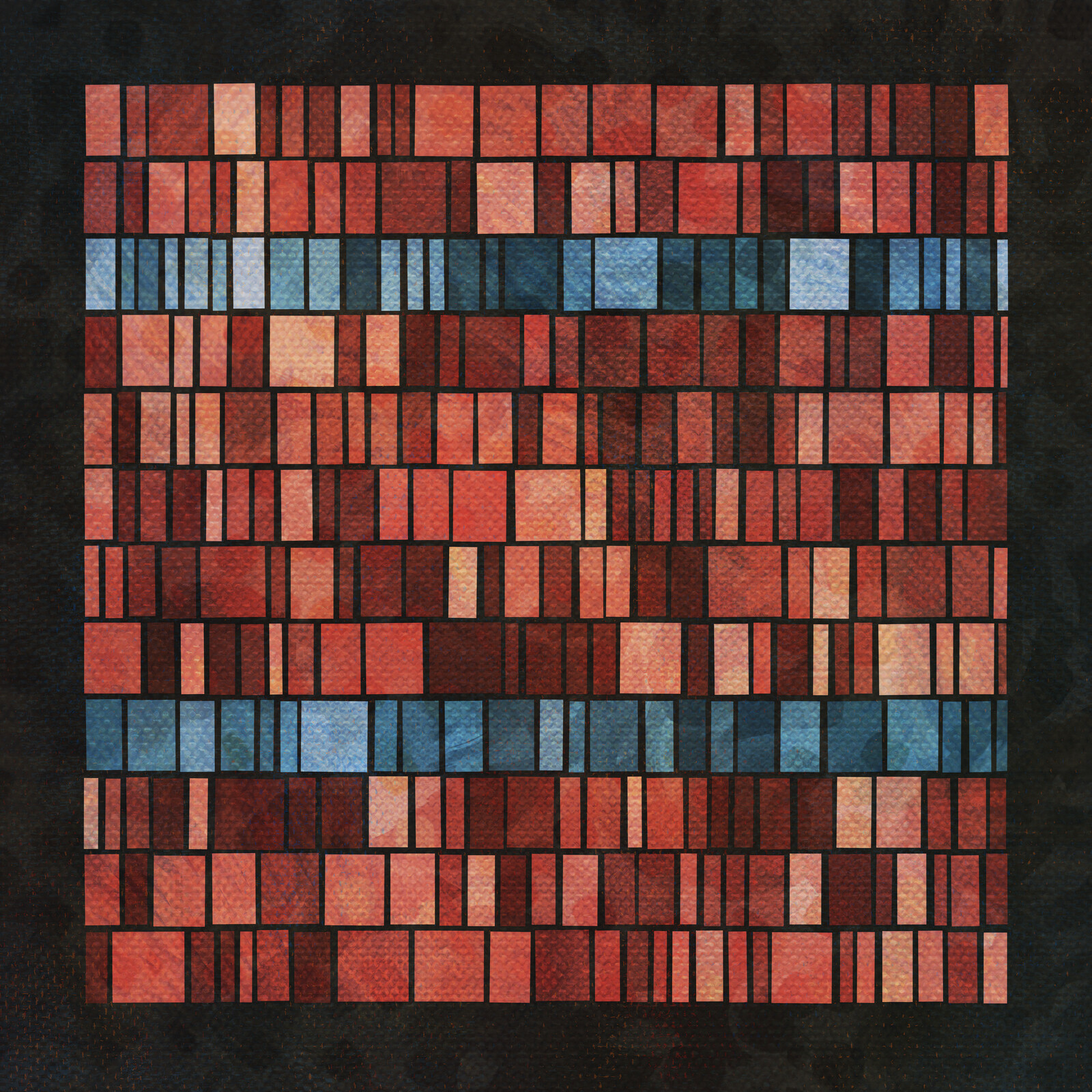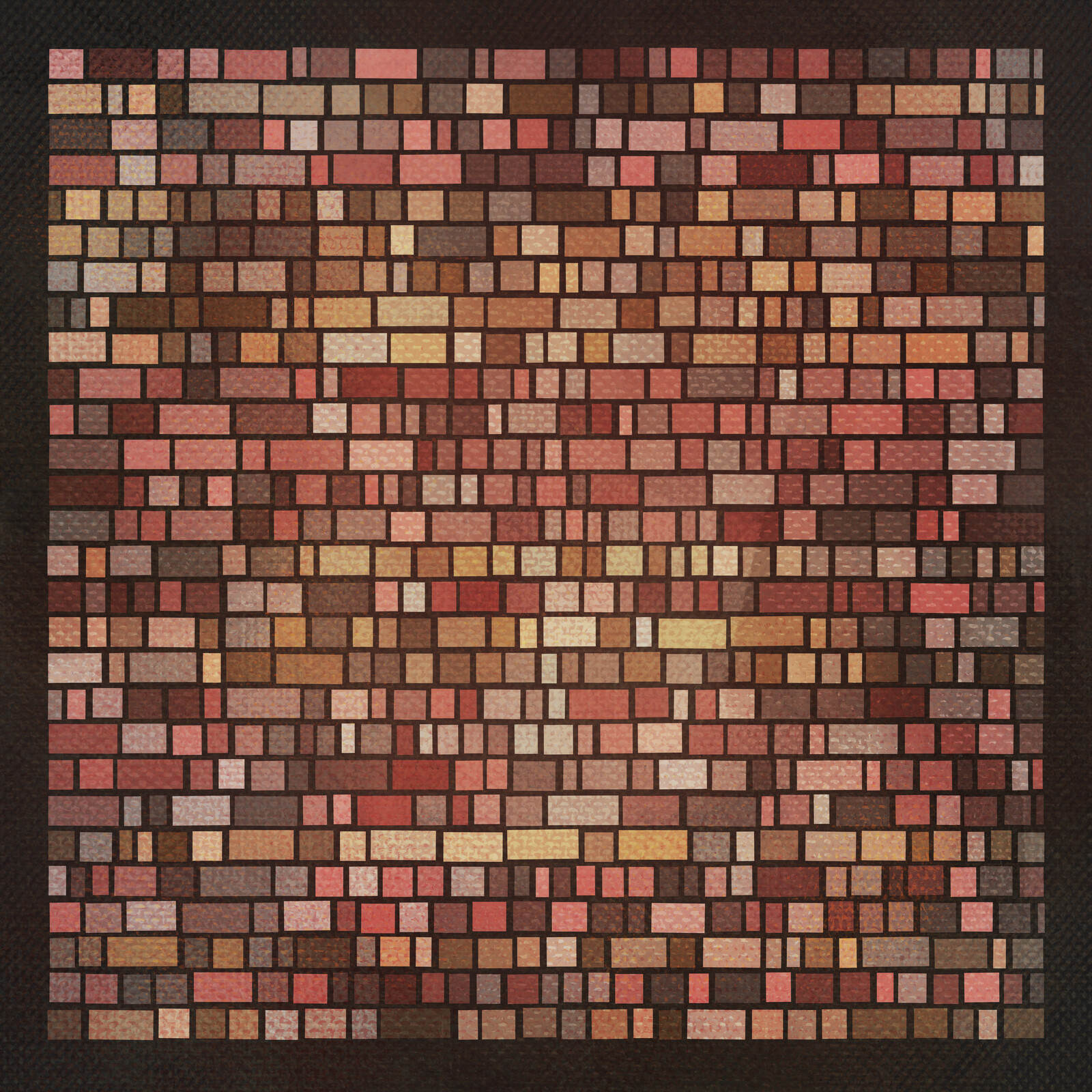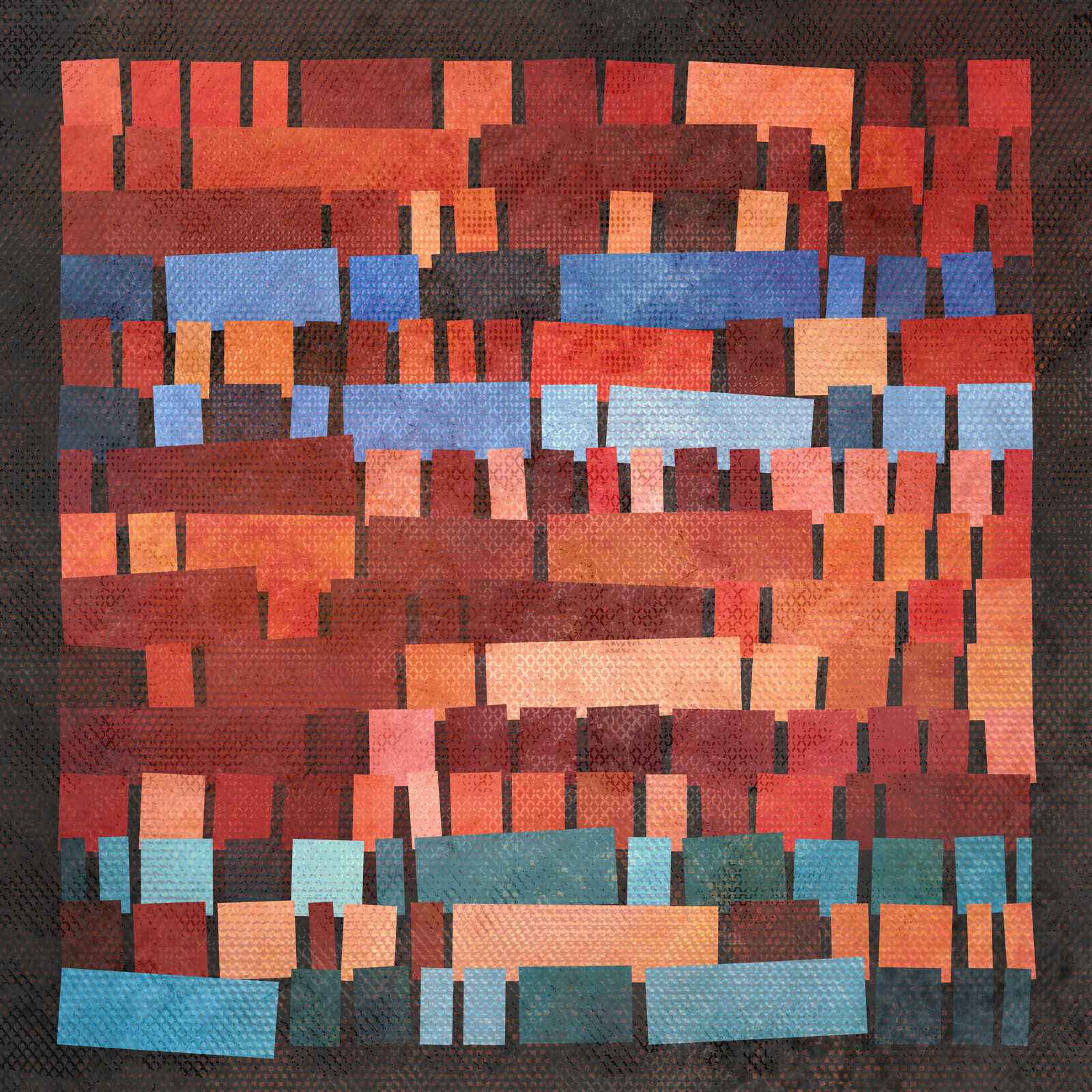Mary Holstege on the metaphors we code by. Fascinating analysis.
Uri Bram on happiness and unhappiness. A useful take, I think.
Stephen Doyle’s book sculptures. Love these.
Dave Rupert on the madness of frontend web development. Seems like this is only useful where you have enough people to be able to specialize.
Tim Bray on slow travel. Yes. Hard to pull off, but yes. Also, I’m not sure I’d use this myself, but the decade part of the URL (/202x/2022/08/16/...) sparked some joy for me.
Eliot Peper on what writers do. A useful way of thinking about it.
Austin Kleon on breaking out of writer’s block by transcribing yourself thinking out loud. Need to try this sometime.
Ari Lamm on the tower of Babel. Loved this — it makes way more sense to me now. (And seems even more applicable to today.)
Unicode confusables. Use this for good, not evil. Ha.
James Brown’s Lego brick computer. Delightful. This reminded me of my master’s thesis, where I built lots of little widgets out of Raspberry Pi Zeros. One was a screen widget similar to this — though nowhere near as cool.
Ben Eater’s tutorials. I haven’t actually gone through any of these, but they look great.
KiCad, an open source tool for schematic design and PCB layout. Every few months I get the itch to make something physical and electronic — design the PCB, get it printed on demand, 3D print some housing, the works. Haven’t yet figured out what I want to build, though.
Wokwi, a tool to simulate IoT projects in the browser. This is so cool! (See the Arduino calculator, for example.)
Flux. Figma for circuit design and simulation, basically. Very cool.
Physically Based, a database of real-world values for rendering physically based materials. Part of me is adamant that the colors are less useful because real-world materials vary so much, but it’s still a nice project.
Riley Goodside on GPT-3 interpreting long instructions. Crazy.
VisiData, a terminal-based spreadsheet tool.
Luke Plant on “Everything is an X” in system design. This was good.
Luke Plant again, this time with his recommendations on writing Django views. I haven’t been doing as much Django lately, but I was pleased to see function-based views recommended. (I much prefer them to class-based views.)
Adam Mastroianni on good conversations having lots of doorknobs. An interesting way to think about it.
Eric Barker on Michaeleen Doucleff’s parenting advice. Both of these suggestions are great.
Jen Simmons on what you can do with the new :has selector in CSS. So glad to see this.
Suketu Mehta on India’s unraveling democracy. Yikes.
Graham Nelson on upcoming changes to Inform (for writing interactive fiction). IF was a huge part of my childhood but I haven’t done much with it since. Hoping to at least play through one whole game sometime.
Hillel Wayne on path objects in Python. I didn’t know this!
Nick Morgan’s Easy 6502 tutorial. Only partway through this (for fun) but it’s a good tutorial.
Mike Crittenden on stay interviews (the opposite of exit interviews). Interesting.
Nathaniel on websites under 14kb. Little performance hack.
Stable Diffusion’s public release. Very interesting, especially after I found that apparently this is what’s powering Midjourney. Haven’t actually tried it, though.
Mary Fetzer on a new material Penn State researchers have developed. Sounds cool.
Scott Galloway on TikTok. Yup.
Oven, Jarred Sumner’s new company for developing Bun. I tried Bun with my family sheets project but it didn’t work with the yaml library at the time. Need to try it again sometime. (The built-in TypeScript and NPM install speed are very intriguing.)
Josh Comeau on why React re-renders. Helpful.
Hillel Wayne on why arrays start at 0, though not with a definitive answer.
Carlin Eng on a critique of SQL from 1983. Interesting to see where it was and where it is now.
Christof Damian on the thinking behind his Friday link posts. I’ve been subscribed to his blog ever since we met via Lunchclub a couple years ago, but I hadn’t seen this page till now.



